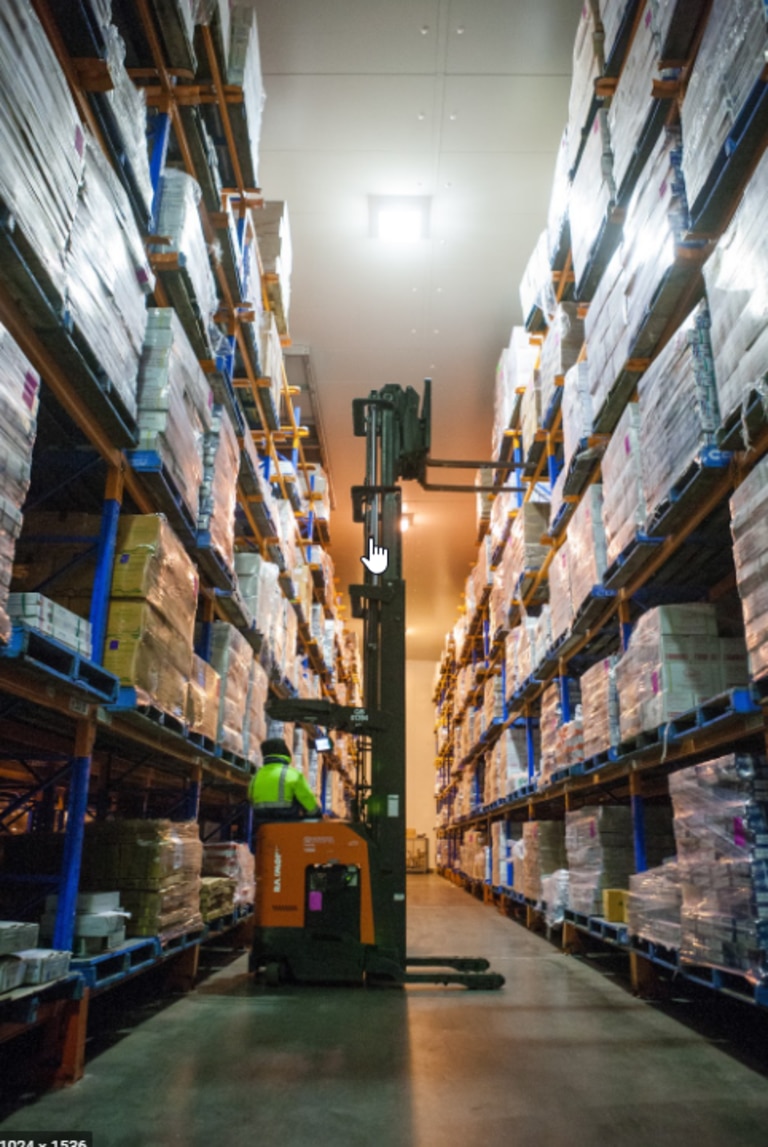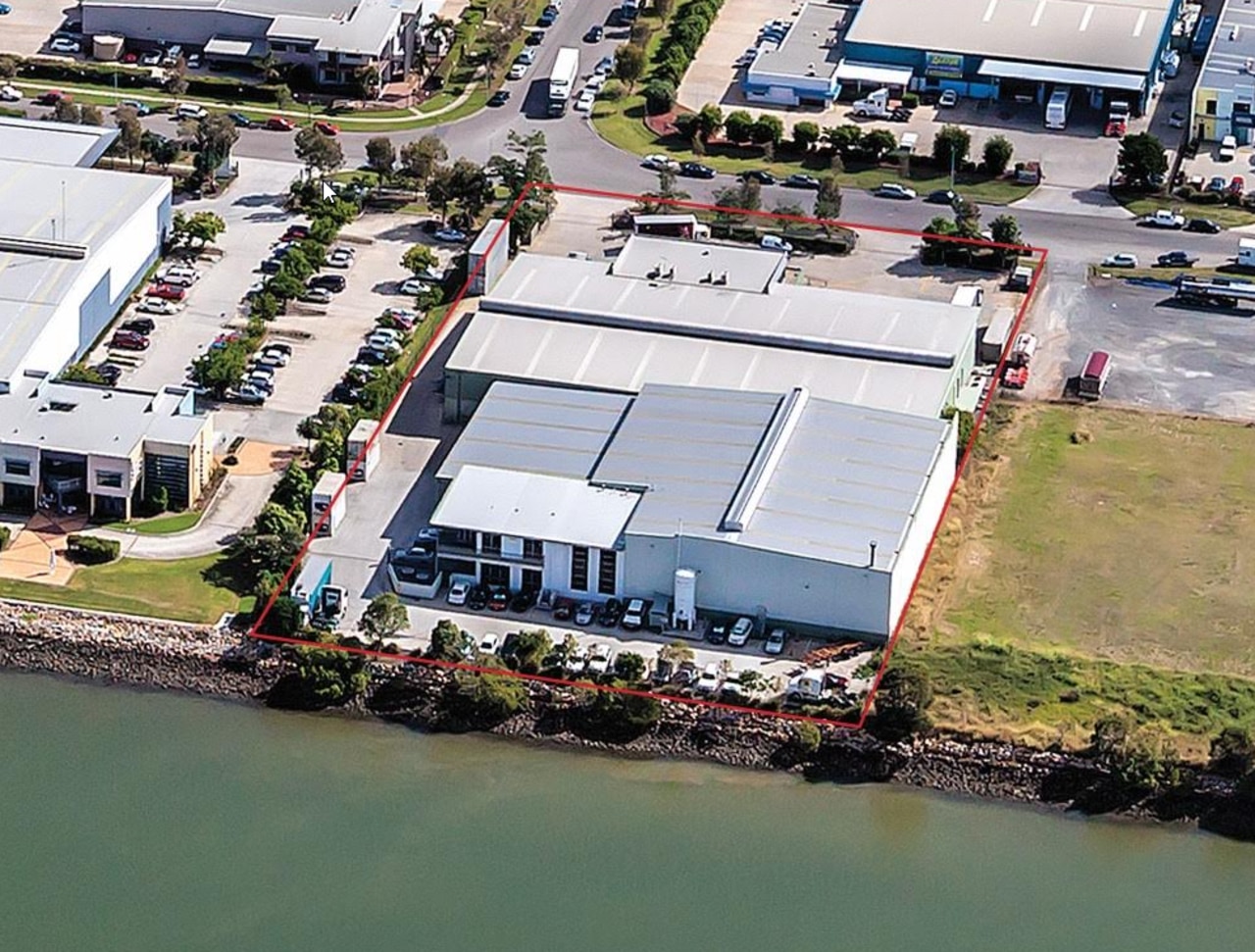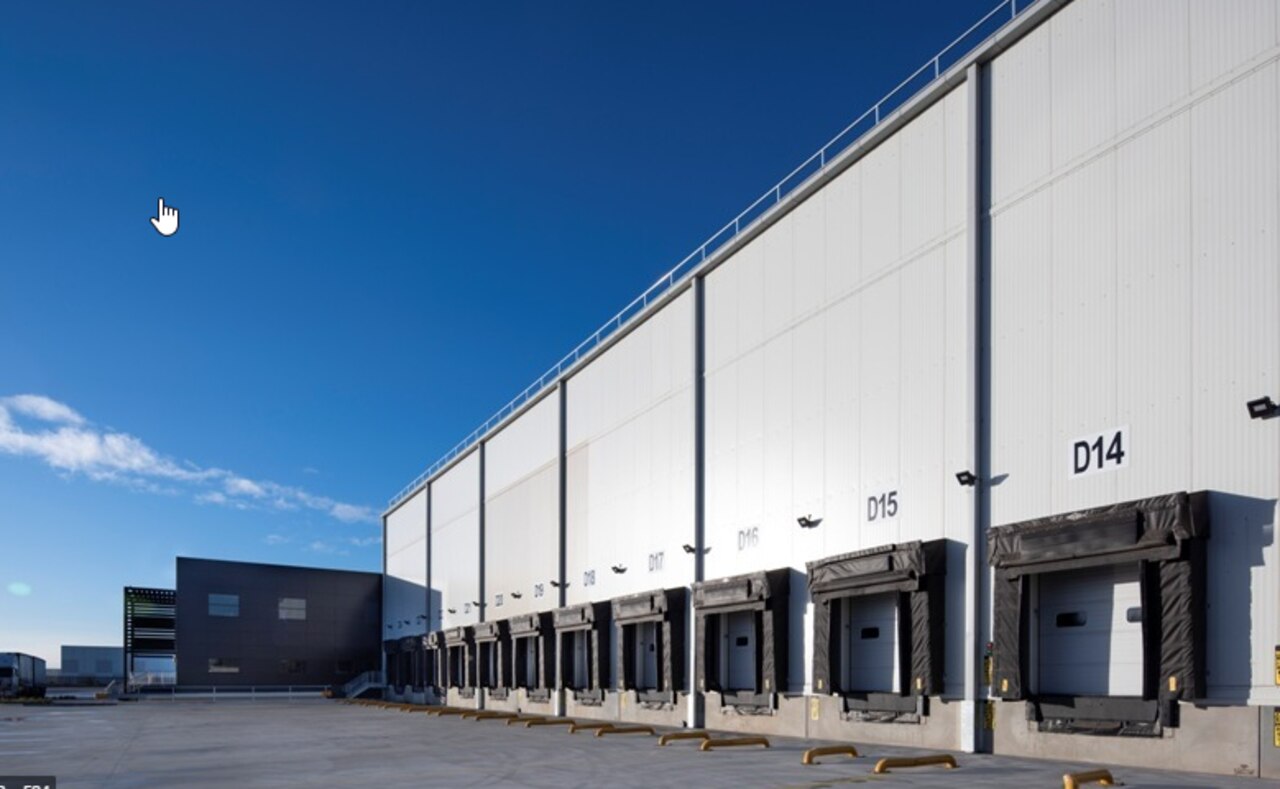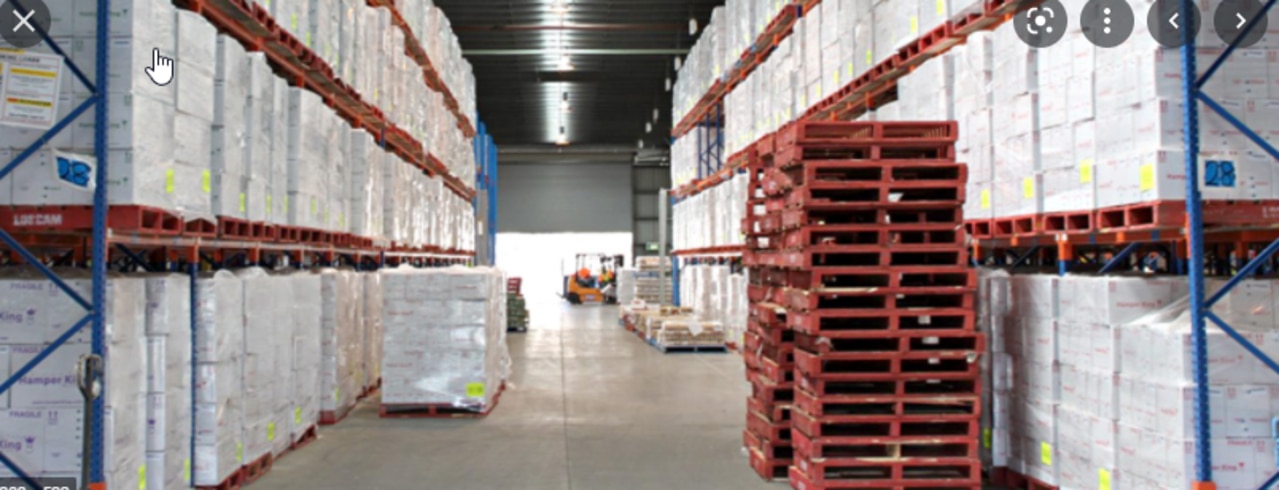Why the cold storage sector has become the in demand segment of the industrial market
Investors are scrambling for a slice of a sector that was once just an after thought, with more than $80m worth of recent deals.
Cold storage facilities have become the hottest segment of the industrial market with investors seeking the “bullet proof” assets which are usually armed with long leases to top shelf companies.
Demand for cold storage assets are at a premium in the wake of the Covid-19 pandemic, which has transformed the food logistics and supply chain with the growth in last-mile logistics coupled with an increased hunger for online grocery shopping.
This has sparked a boom for major supermarkets Coles and Woolworths which has filtered down to Aldi and IGA and further.
According to IbisWorld Australians will spend about $7.1bn on online grocery in 2021, compared to about $3.7bn pre-Covid in 2019.

While cold storage is essential for groceries, at the same time demand could also rise in the medical sector with the Federal Government potentially looking to increase manufacturing capacity to handle vaccine production.
And a wave of major investment houses are seeking to become part of the action while international refrigeration logistics giants are making their presence felt in Australia.
Brisbane-based Cushman & Wakefield associate director Morgan Ruig, who was involved in more than $80m worth of recent cold storage deals in Queensland, said the Covid pandemic has turbo-charged the sector.
“There is no longer a disparity between generic industrial assets and cold storage or food grade assets,” he said.
“It’s an asset class that was specialised pre Covid but Covid has really propelled it as a popular asset class given how safe it was an investment throughout the crisis.
“Previously the cold storage sector was discounted due to perceived ongoing maintenance issues however it is now an asset class of choice due to the sticky nature of tenants and the lack of speculative supply.”

With Cushman & Wakefield director Bevan Galloway, Mr Ruig’s latest deal was at 739 Macarthur Ave Central, Pinkenba, which was sold to a Ozprop P2 Pty Ltd for $17m for a 5.47 per cent yield.
The leaseback sale of the 4688sq m facility which has a 1400sqm freezer chiller room office/warehouse/freezer facility will see freight forwarding company Vision International remain in the property on a 10-year lease.
Ozprop Capital also sold three cold storage facilities with Mr Ruig and Cushman & Wakefield head of industrial David Gibson selling the boutique property investment firm’s SEQ Cold Storage Portfolio to an ASX-listed real estate investment trust for $67.2m with the yield of around 5.5 per cent.
Mr Ruig said very low supply levels and increasingly high demand for cold stores was “very apparent” and that’s across the whole of the eastern seaboard.
“Vendors are selling them for a premium and we think that perhaps prices won’t get much higher but every month we’re seeking record yields,” he said.
Last month refrigerated logistics giant NewCold announced it will build Australia’s largest cold storage warehouse, and one of the biggest in the world, in Melbourne after securing food manufacturing giant Simplot as a new customer.

Netherlands-based NewCold, which entered the Australian market in 2016, will invest $160m in expanding its “Melbourne 2” warehouse in Truganina in the city’s west from 110,000 pallet positions to 225,000. Once operational next year Melbourne 2 will span 100,000sq m and offer ambient, chilled and frozen storage capabilities, alongside the latest automation technology.
Simplot, whose Australian brands include Birds Eye, John West and Leggo’s, will move all its frozen products into the expanded facility in 2023, joining dairy giant Fonterra as an anchor customer.
This month Atlanta-based Americold struck a deal to buy Brisbane-based Lago Cold Stores for $106.4 million. The deal will see New York-listed Americold take over the family-run company and acquire its three temperature-controlled storage facilities within the Brisbane Port Precinct.
Meanwhile, global logistics giant DHL invested $160m in the rollout of temperature-controlled warehouses in Sydney, Melbourne, Brisbane and Perth.
And the scramble for cold storage assets will continue because of a lack of stock.

Mr Gibson said demand for cold storage was being driven by below 1 per cent vacancy rates and no speculative construction.
“We believe speculatively constructed cold storage facilities would be extremely well received however growing construction prices due to increased costs of raw materials will limit this.” he said.





